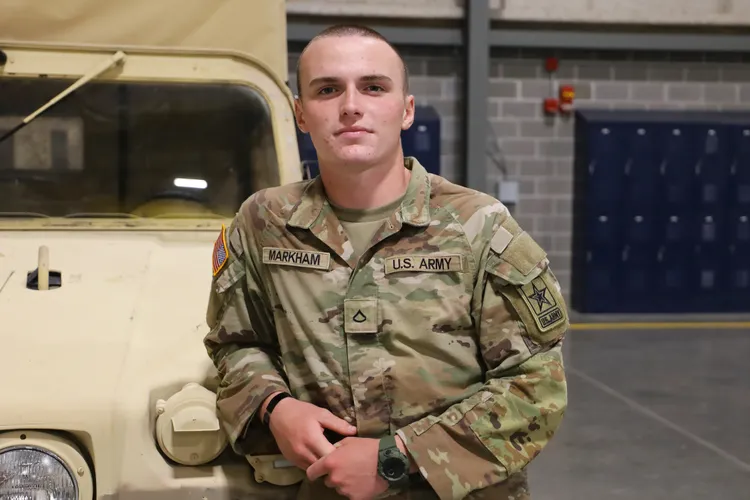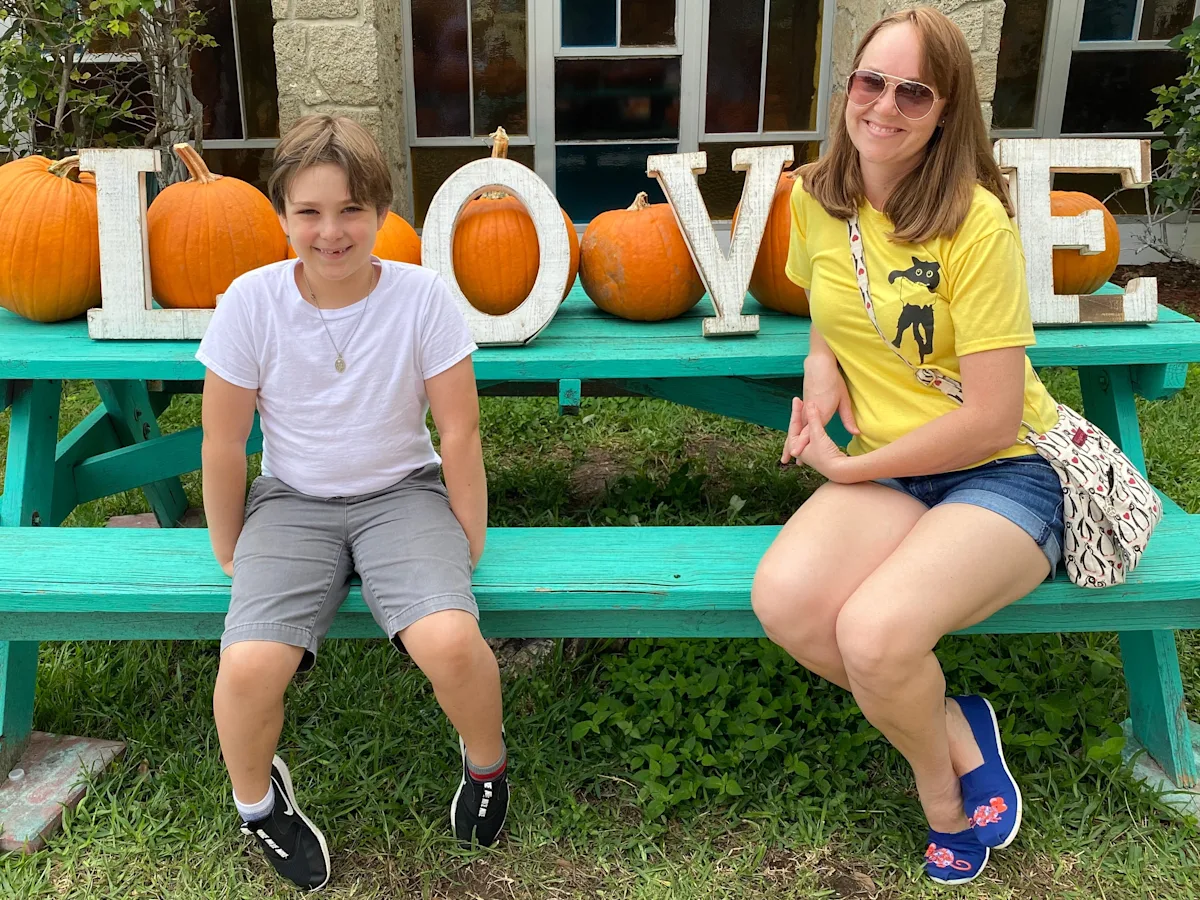A North Andover police officer shot by a fellow officer in a tense July confrontation has been arraigned and faces serious charges, shining a spotlight on a tragic incident that unfolded amid a domestic dispute and a court-ordered restraining order. Kelsey Fitzsimmons, 28, who was shot in the chest during the event at her home, is now confronting legal challenges as she recovers from her injuries and remains in custody. Here is a detailed account of the incident, the subsequent legal proceedings, and the personal struggles around the case.
The Incident at North Andover Residence

In late July, law enforcement officers went to Kelsey Fitzsimmons’ home on Philips Brook Road to serve a restraining order filed by her fiancé, who is also the father of their four-month-old child. The order was issued amid concerns for the safety of the couple’s infant, after allegations that Fitzsimmons had been physically abusive. According to prosecutors, the confrontation escalated when Fitzsimmons, despite initially claiming her firearms were stored safely in the basement, reached for her service weapon.
During the tense moments inside the home, Fitzsimmons is accused of pulling the trigger, which initially clicked without firing because the gun was not loaded. The situation worsened when she attempted to chamber a round, prompting an officer to shout “Don’t do it,” before another officer fired twice, striking Fitzsimmons in the chest. The shooting occurred as officers followed protocol while executing the restraining order, aiming to secure safety for all involved.
Charges and Court Proceedings
Following the incident, Fitzsimmons was hospitalized and later taken into custody. She faced arraignment in Essex Superior Court, where she pleaded not guilty to charges including armed assault with intent to murder and two counts of assault with a dangerous weapon. The charges carry a potential prison sentence of up to five years.
Despite requests from her defense team to grant bail, Fitzsimmons remains detained. A judge denied bail, citing concerns about public safety and the lack of an adequate release plan. The court proceedings have been closely watched, and Fitzsimmons is scheduled for further hearings to determine probable cause and next steps in the case.
Defense and Allegations
Fitzsimmons’ attorney, Timothy Bradl, has vigorously contested the prosecution’s account. He asserts that Fitzsimmons did not aim her weapon at the officer but instead directed it toward her own head in a moment of crisis. Bradl highlighted Fitzsimmons’ struggle with postpartum depression following the birth of her son earlier this year, portraying the shooting as a transient episode stemming from mental health challenges rather than a violent attack on law enforcement.
Bradl also criticized the allegations made by Fitzsimmons’ fiancé, suggesting that false claims are being used to remove her from custody of their child. He maintains there is no solid evidence that Fitzsimmons posed a danger to others and called for her release to continue receiving medical and psychological care.
Personal Toll and Mental Health Struggles
In her first public statement, Fitzsimmons spoke about the trauma and isolation she experienced during the incident. She revealed that her postpartum depression had profoundly affected her state of mind, contributing to the tragic series of events. Medical professionals at Massachusetts General Hospital, where she was treated, reportedly found that she no longer poses a danger to herself or others.
The emotional and psychological dimensions of this case highlight broader concerns about mental health support for law enforcement officers, especially those facing personal crises. Fitzsimmons’ defense emphasizes the need for compassion and treatment rather than purely punitive measures.
Next Steps in the Legal Process
As the legal process continues, Fitzsimmons is expected to return to court for additional hearings, including a probable cause session. The case remains under close scrutiny, balancing issues of law enforcement protocol, domestic safety, and mental health.
Fitzsimmons remains in custody but has been placed on house arrest as the court considers her situation. The outcome of this case will likely have significant implications for similar situations involving officers and mental health emergencies in the line of duty.
This complex and evolving story underscores the intersection of justice, family conflict, and mental health within law enforcement communities, reflecting the challenges faced by those sworn to uphold the law while navigating personal adversity.





